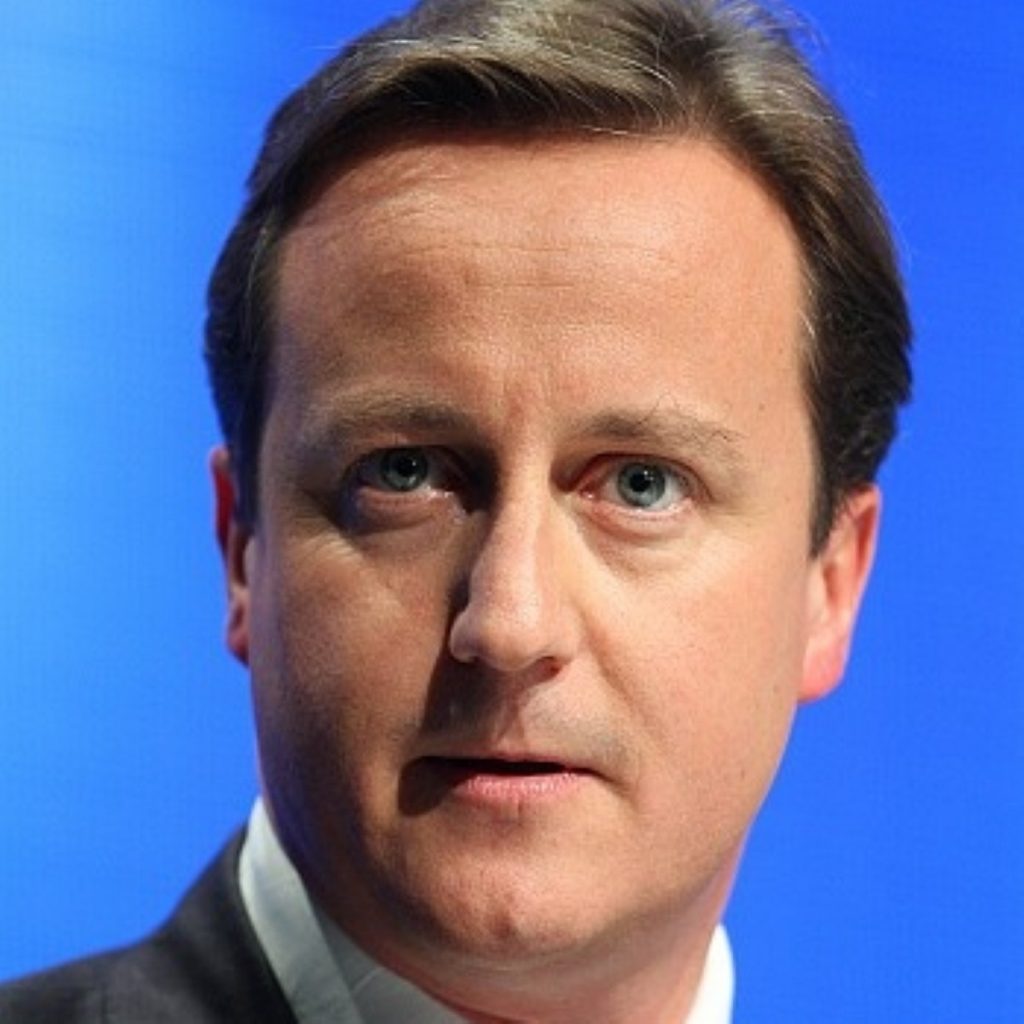The memo that brings Hunt scandal to Cameron’s door
David Cameron was dragged further into the row engulfing Jeremy Hunt today after another explosive evidence session at the Leveson inquiry.
During testimony from the media secretary's former special adviser Adam Smith, a memo was revealed which showed the prime minister was aware of Mr Hunt's support for the BSkyB bid when he gave him control of it.
In November 2010, Mr Hunt wrote: "James Murdoch is pretty furious at Vince's referral to Ofcom … He doesn't think he will get a fair hearing from Ofcom.
"I'm privately concerned about this because News Corp are very litigious and we could end up in the wrong place in terms of media policy.


"Essentially what James Murdoch wants to do is to repeat what his father did with the move to Wapping and create the world's first multi-platform media operator, available from paper to web to TV to iPhone to iPad."
The memo raises serious questions about Mr Cameron's judgement, given that he handed News Corp's bid for BSkyB to Mr Hunt despite knowing he supported it.
It also calls into question News Corp's assurances during the bid, as the company specifically claimed it was not intending to bindle together its Sky package with newspapers such as the Times and the Sun.
Mr Hunt continues in the memo: "The UK has the chance to lead the way. But if we block it our media sector will suffer for years. In the end, I'm sure sensible controls can be put into any merger to ensure there's plurality.
"But I think it would be totally wrong to cave into the Mark Thompson/Channel 4/Guardian line that this represents a substantial change of control given that we all know Sky is controlled by News Corp now anyway."
Also giving evidence today was Frederic Michel, the media secretary's point man at News International.
Inquiry counsel Robert Jay read from the 191 phone calls, 158 emails and 99 texts between Mr Michel and Mr Hunt or Mr Smith during a long session which suggested Mr Michel had exaggerated some of his reports to his bosses. Mr Hunt's adviser sent 257 texts back.
However, the lobbyist stood firm on several contested messages which Mr Smith claims did not take place. Tomorrow, Mr Smith will present his version of events to the inquiry.









